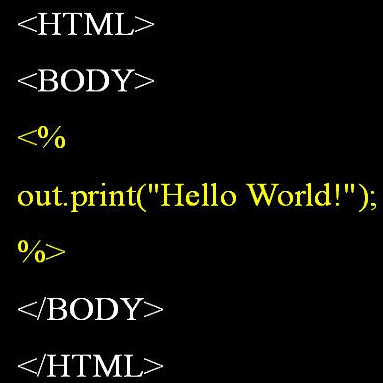Non-monotonic reasoning is an essential part of human intelligence prominently formalized in artificial intelligence research via answer set programming. In this paper, we introduce the sequential composition of answer set programs. We show that the notion of composition gives rise to a family of finite program algebras, baptized ASP algebras in this paper. Interestingly, we can derive algebraic formulas for the syntactic representation of the well-known Faber-Leone-Pfeifer-, and Gelfond-Lifschitz reducts. On the semantic side, we show that the immediate consequence operator of a program can be represented via composition, which allows us to compute the least model semantics of Horn programs without any explicit reference to operators. As a result, we can characterize answer sets algebraically, which bridges the conceptual gap between the syntax and semantics of an answer set program in a mathematically satisfactory way, and which provides an algebraic characterization of strong and uniform equivalence. Moreover, it gives rise to an algebraic meta-calculus for answer set programs. In a broader sense, this paper is a first step towards an algebra of answer set programs and in the future we plan to lift the methods of this paper to wider classes of programs, most importantly to higher-order and disjunctive programs and extensions thereof.
翻译:非分子推理是人工智能研究中通过答录制编程明显正式化的人类智能的一个基本部分。 在本文中, 我们引入了答案集程序的顺序构成。 我们显示, 组成概念产生了一个有限程序代数的组合, 在本文中受洗了 ASP代数。 有趣的是, 我们可以为著名的 Faber- Leone- Pfeifefer- 和 Gelfond- Lifschitz 的合成表达制得出代数公式。 在语义方面, 我们显示一个程序的直接后果操作者可以通过组合来代表, 从而使我们能够在不明确引用操作者的情况下, 计算合恩 程序的最低模式代数。 因此, 我们可以用代数来描述答案组数, 以数学上令人满意的方式弥合答案集程序组合的共和语义之间的概念差距, 并且提供强大和统一的等同性的代数描述。 此外, 在语义方面, 我们从一个代数元代数的代数的代数计算器操作者可以通过组合来代表一个最小的代数的代数, 更广义的顺序是, 我们的平面方案的分级, 。





